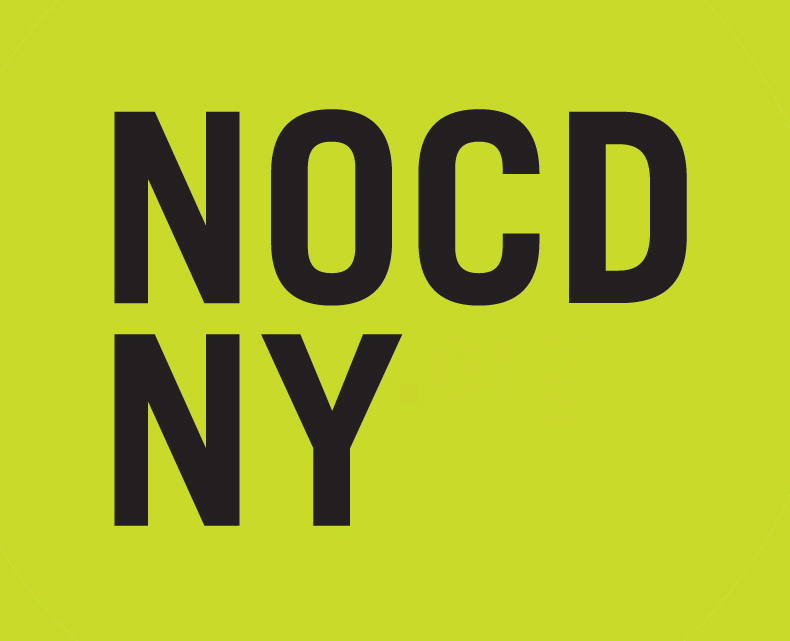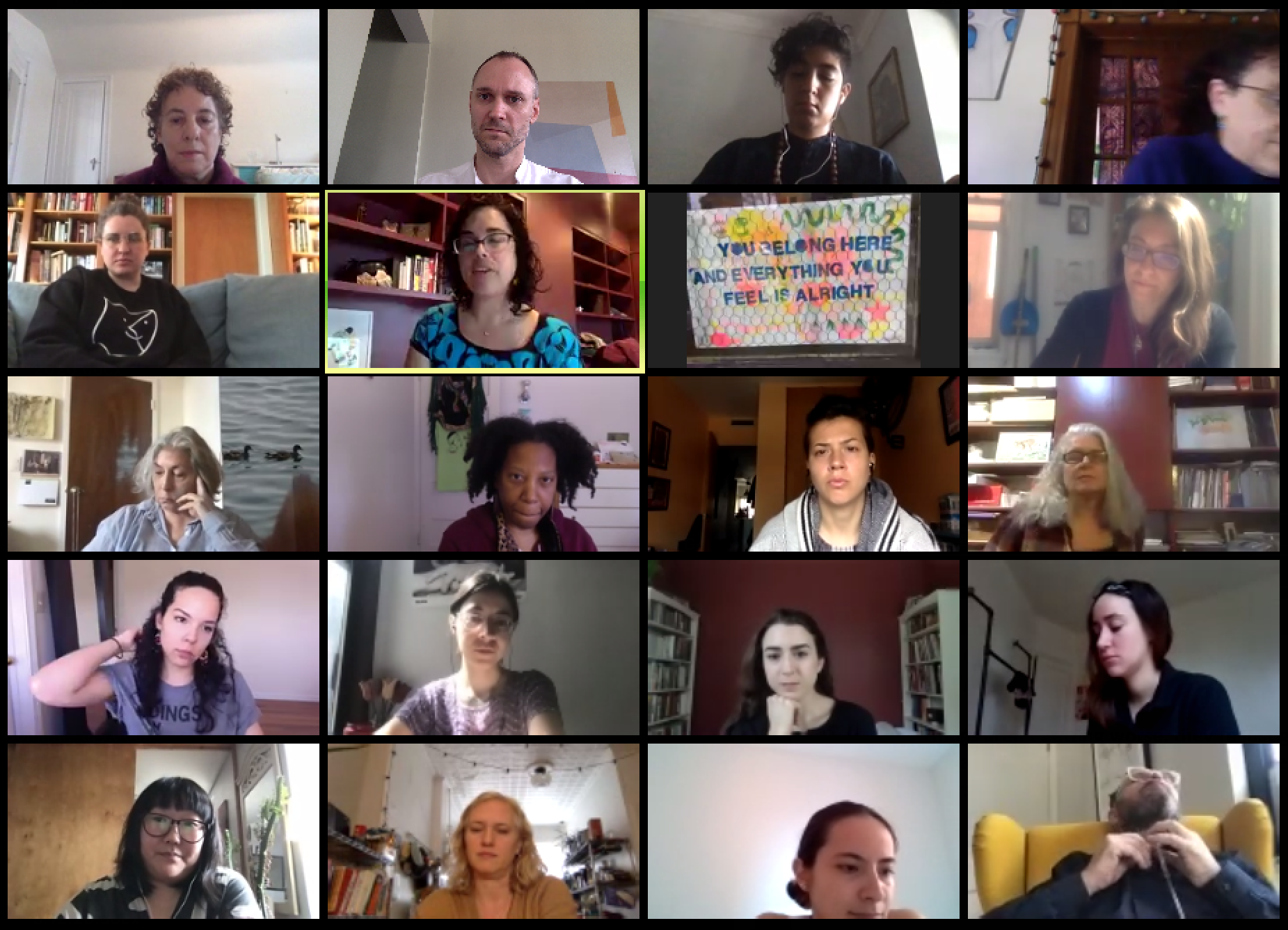Arts and Climate Justice
Things are not getting worse, they are getting uncovered. We must hold each other tight and continue to pull back the veil.
– Adrienne Maree Brown, shared by Like the Waters We Rise: Climate Justice in Print exhibition curator Raquel de Anda
On April 17, 2020, a network of artists, activists and community members gathered online to exchange stories and resources on the theme of Arts and Climate Justice. The event was open to everyone. With a virtual tour of Interference Archive and its current exhibition Like the Waters We Rise: Climate Justice in Print, we explored social movement histories that have paved the way for current conversations on climate justice and explored how culture can build meaning and networks to confront structures in our society that reinforce deep injustices. Two activists illustrated examples of culture’s role in their own climate justice work. Participants of the gathering grounded the dialogue in this moment of COVID-19, which has further exposed chasms in our systems, and collaboratively built this list of resources.
Watch the recording:
The exchange started with a virtual tour of Interference Archive by collective members Ryan Buckley and Sophie Glidden-Lyon, who guided us around their physical archive in Brooklyn and their online catalog, both designed to be as broadly and openly accessible as possible.
Like the Waters We Rise: Climate Justice in Print, curated by Raquel de Anda, tells the story of the climate justice movement through printed works, both past and present. Presenting examples from the exhibition, Raquel identified that the climate movement is built from many other movements and terrains of struggle, particularly focused on justice for working class people and people of color. They include the anti-nuclear, Indigenous sovereignty, Black liberation, and farmworker justice movements, among others. Across time, these movements share self-determination and community empowerment in common. The project was organized by Raquel de Anda, Nora Almeida, Ryan Buckley, Sophie Glidden-Lyon, Rachel Jones, Josh MacPhee, and Siyona Ravi. Part one of the exhibit, exploring contemporary climate justice work, took place at the Nathan Cummings Foundation.
Like Waters We Rise: Climate Justice in Print at Interference Archive. Watch the video for a virtual tour of the space and exhibition. photo: Shannel Resto
Ceci Pineda and Nadine Bloch shared experiences as cultural workers and activists. Nadine, referencing tools from Beautiful Trouble and years of activism, elevated the role that indigenous groups–leading actions against corporate globalization and colonialism–have played in paving the way for our climate justice work, specifically with the use of culture and celebration. She named that the work of the global justice movement, in calling out international financial institutions like the IMF and the World Bank, is critical in understanding how their policies have led to our current pandemic. Ceci Pineda, of BK ROT and Interlocking Roots, expressed how climate justice must be rooted in community, earth, solidarity, accountability, and the leadership of Black and Indigenous people and people of color. Calling on experiences working with LES Ready!, Hattie Carthan Community Garden and various projects in Puerto Rico and Mexico, Ceci has learned that, in an effort to heal the land, land heals and liberates us as communities and individuals.
BK ROT, a community powered waste hauling and composting project. photo c/o BK ROT
The peer exchange that followed presentations included a discussion about neighborhood based mutual aid, the experiences of public housing residents, and a discussion about how to link the work of academics and scientists with people’s experiences on the ground. Participants contributed to this list of resources that are organized into: community-based climate justice work, mutual aid initiatives, links between climate justice and COVID-19, arts and activism, and upcoming events.
Email raquel.deanda[at]gmail.com for more information about the exhibition.
Email tom[at]nocdny.org to add more resources to our list.




